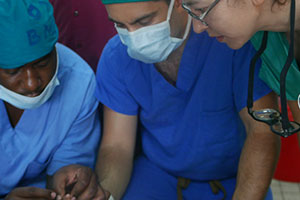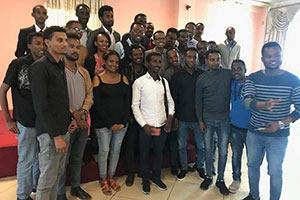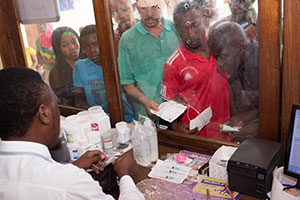CUBA has promised to maintain bilateral cooperation with Tanzania, besides agreeing to place 13 medical experts for specialised services at the Bugando Medical Centre (BMC).
The Cuban Ambassador to Tanzania, Prof Lucas Domingo Hernandez Polledo, said the two countries have enjoyed strong bilateral ties in history traced back to the founding fathers Julius Nyerere and Fidel Castro.
He also pointed out saying, “Cuba is glad to reclaim stable cooperation with Tanzania and the current spirit reminds us of the era of the two founding fathers and historical friends, Mwalimu Nyerere and Comrade Castro.
Our resumed relationship would be nourished in almost all beneficial sectors.”
He said the ancient relations between his country and Tanzania have been further joined by the recent decision by President John Magufuli, when he opened an embassy in Havana, adding that surely the gesture will further improve political and economic relations between us.
The Ambassador who was here for a number of official activities, among others, gave a visit to the BMC where the institution will soon receive about 13 Doctors and Nurses from Cuba to boost specialised medical services as areas with awful shortage of local experts.
Ambassador Polledo, said, Cuba has recorded impressive milestones in a number of sectors specially health and education, which it has been heavily investing since its independence.
He said Cuba with almost 11 million people has over 90,000 doctors, where one doctor serves about 3,000 people surpassing the ratio set by the World Health Organisation (WHO) of one to cater for 8,000 patients.
Whereas, Tanzania has one doctor serving around 20,000 people.
This will help Tanzania to improve their healthcare services.



